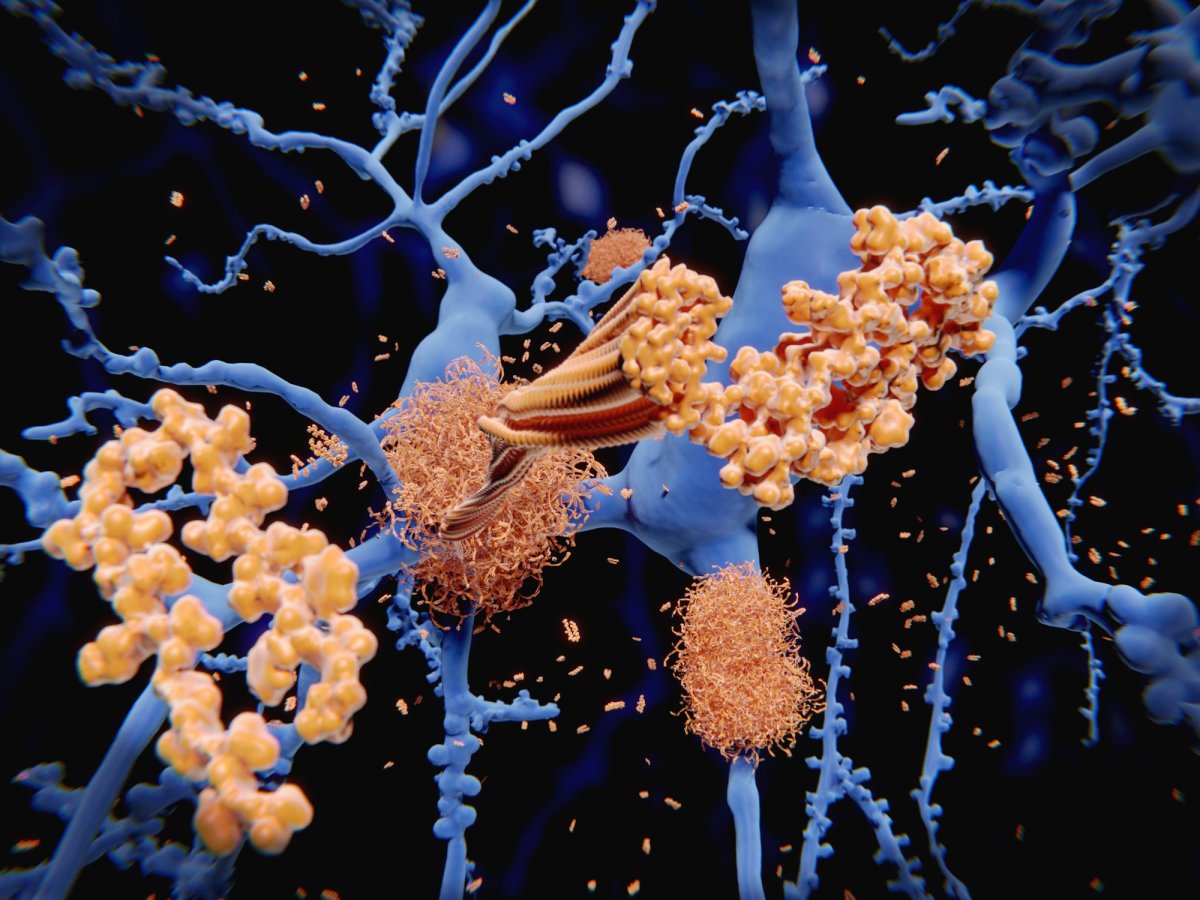Alzheimer's disease is associated with a build-up of plaques in the brain called amyloid beta. These plaques are thought to lead to a loss of neurons, which then causes the classic symptoms of the disease—including memory loss. Most Alzheimer's drugs have been developed to either stop these plaques from forming or to help remove them.
Until recently, attempts at developing anti-amyloid drugs to treat Alzheimer's disease had been met with cautious optimism. Experiments in animal models of Alzheimer's disease have been successful, showing reductions in plaques. But when the same drugs were tested in humans, the results were disappointing. Symptoms of dementia did not go away, and memory did not improve.
This lack of positive results has been discouraging, not only for people with the condition and those close to them, but also for researchers, many of whom have called into question the accepted wisdom that the build-up of plaques is the cause of Alzheimer's disease.
As a result of these failed trials, some pharmaceutical companies have decided to stop research in this area. But this could be a rash move.
It is possible, in fact, that while anti-amyloid medications take away toxic plaques, they also cause side effects that cancel the benefits of plaque removal. One of these side effects is that brain cells will fire excessively, a phenomenon known as neuronal hyperactivity.
A winning drug combination?
We know that anti-amyloid drugs can cause the brain to become hyperactive. In other words, while the anti-amyloid drugs do their job of getting rid of plaques, they can also push neurons to work more than they normally would. Hyperactive neurons may then stop the new memories from forming or stop old ones from coming back.

So while anti-amyloid drugs eliminate what we think is the cause of Alzheimer's disease, their side effects bring on symptoms that are similar to those of dementia. The effects of hyperactivity can be especially bad in those brain areas that are already working overtime due to the effects of Alzheimer's disease, including some areas that contribute to the release of adrenaline in the body. But at this point, this is just a hypothesis based on animal research, and studies in humans are needed to confirm it.
The good news is that neuronal hyperactivity can be prevented and reduced with the help of other drugs. Combining anti-amyloid drugs with anti-hyperactivity drugs may ultimately prove to be an effective combination to treat this devastating disease. However, there is still a long way to go before an actual cure is on the table.
Despite a string of failed clinical trials for new dementia drugs, claims that a cure may be close have persisted. And there are reasons to remain optimistic: the potential for combining anti-amyloid with anti-hyperactivity drugs is one of them.
Davide Bruno is a scientist at Liverpool John Moores University. The opinions expressed in this article are the author's own.
This article is republished from The Conversation under a Creative Commons license. Read the original article.
Uncommon Knowledge
Newsweek is committed to challenging conventional wisdom and finding connections in the search for common ground.
Newsweek is committed to challenging conventional wisdom and finding connections in the search for common ground.
About the writer
To read how Newsweek uses AI as a newsroom tool, Click here.








